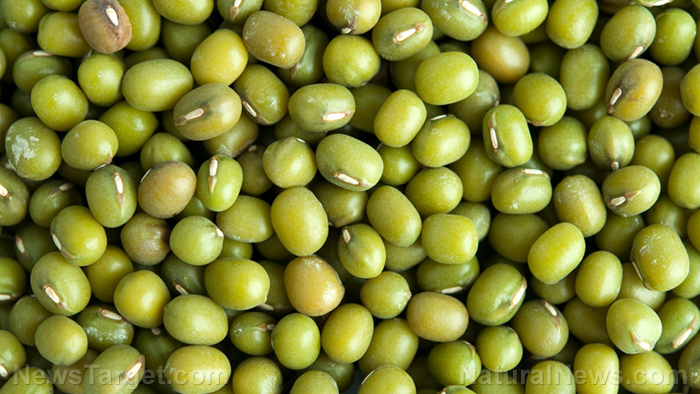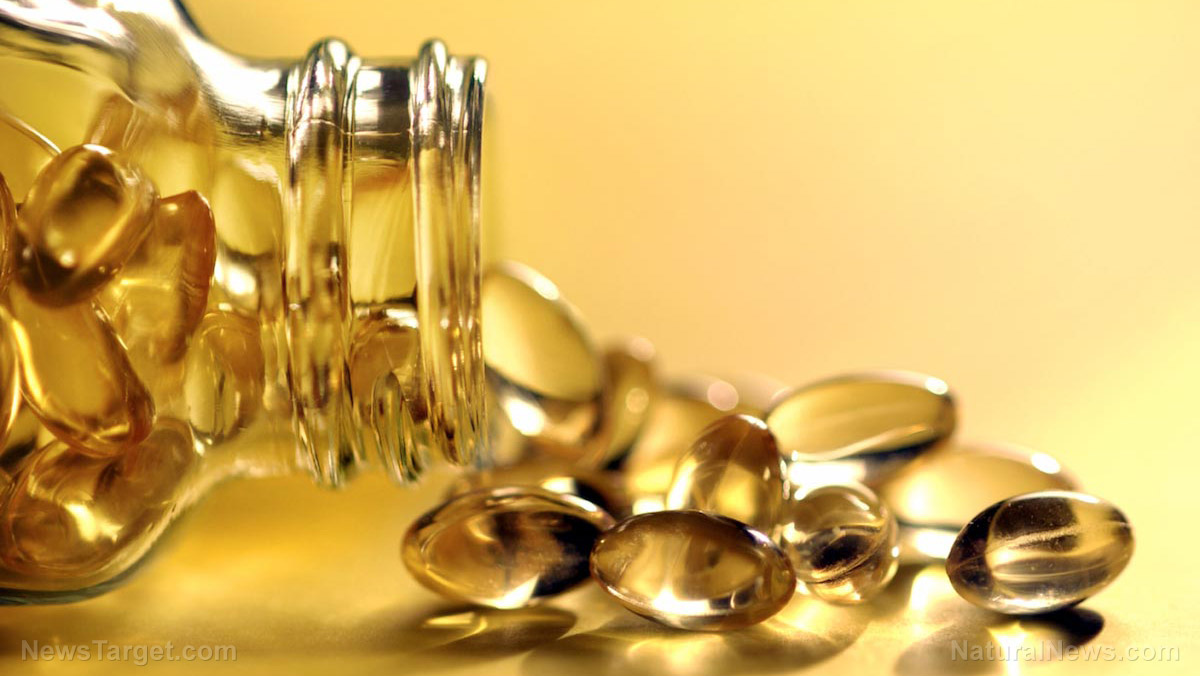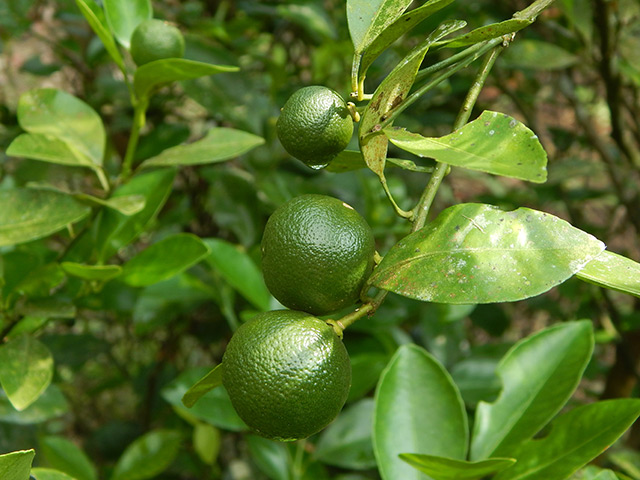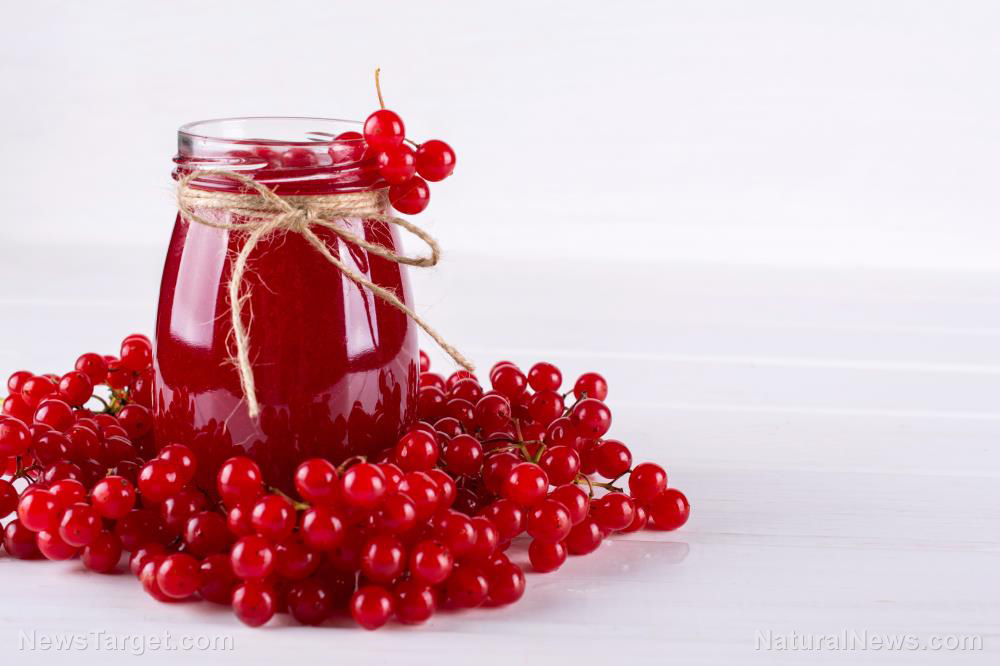Oolong tea can help reduce abdominal fat
03/14/2019 / By Michelle Simmons
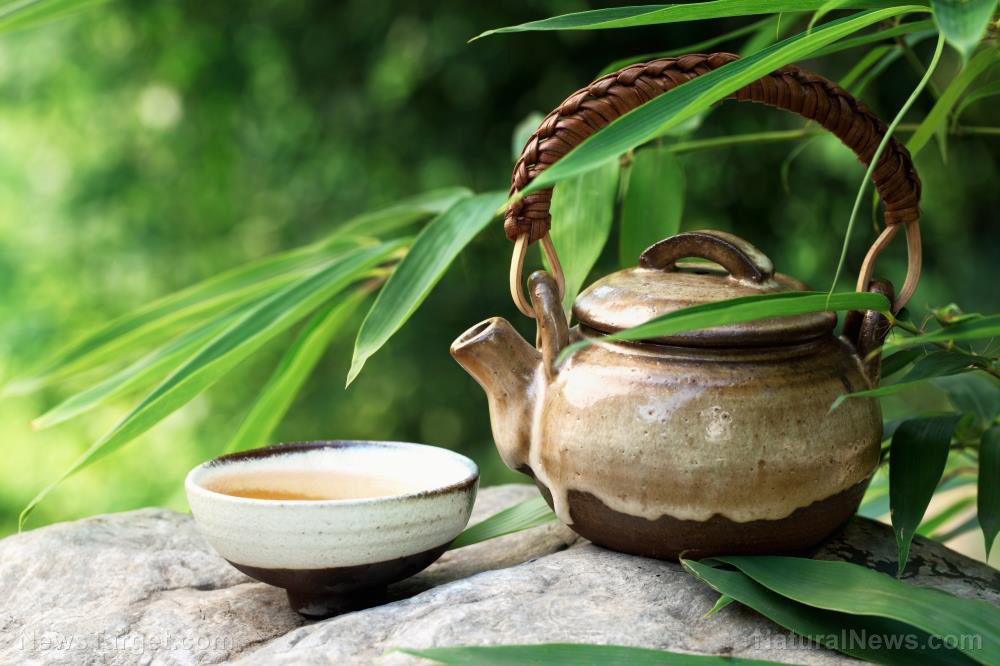
New research suggests that oolong tea contains polyphenols that play an important role in reducing body fat. This finding was published in the journal Food Science and Human Wellness.
- Tea is one of the most consumed beverages in Asia for health and pleasure. It is rich in polyphenol compounds, such as epigallocatechin gallate (EGCG), epigallocatechin, epicatechin gallate (ECG), epicatechin (EC), caffeine, and gallic acid. It has been shown to possess many biological activities, such as alleviating metabolic syndrome and fatty liver as well as helping weight management.
- Earlier studies have also shown that tea, such as green, black, and oolong tea, exhibit anti-obesity effects.
- For the study, a team of researchers from National Taiwan University in Taiwan and the University of Florida sought to examine whether the extract of oolong tea and its metabolites from Andraca theae, a common tea pest, could prevent obesity in high-fat diet fed rats.
- The research team treated obese rats with either oolong tea extract or Andraca theae metabolites once a day for six weeks.
- Based on their analysis, they found that the extract of oolong tea contained higher concentrations of EGCG and caffeine than that from Andraca theae metabolites.
- Oolong tea extract also significantly decreased abdominal fat.
From these findings, the research team concludes that oolong tea extract can help prevent lipid accumulation in high-fat-diet-induced obese rats because of its high contents of ECGC and caffeine.
Read the full text of the study at this link.
To read more studies on natural ways to fight obesity, visit FightObesity.news.
Journal Reference:
Tung YC, Hsieh TH, Yang MJ, Hung WL, Ho CT, Pan MH. THE EFFECTS OF THE EXTRACT OF OOLONG TEA AND ITS METABOLITES FROM ANDRACA THEAE IN HIGH FAT DIET INDUCED OBESE WISTAR RAT. Food Science and Human Wellness. June 2018; 7(2): 120-124. DOI: 10.1016/j.fshw.2018.05.001
Tagged Under:




